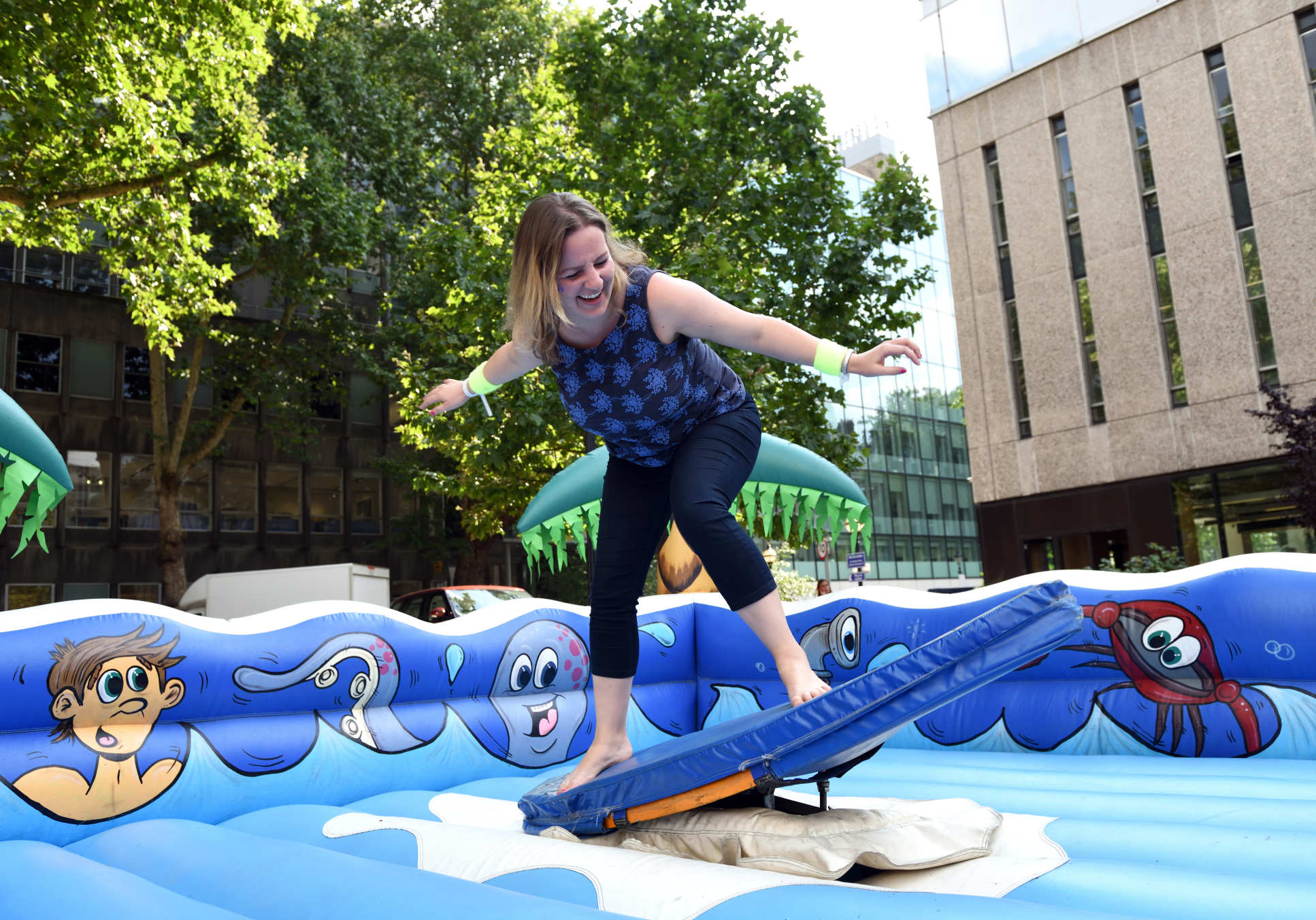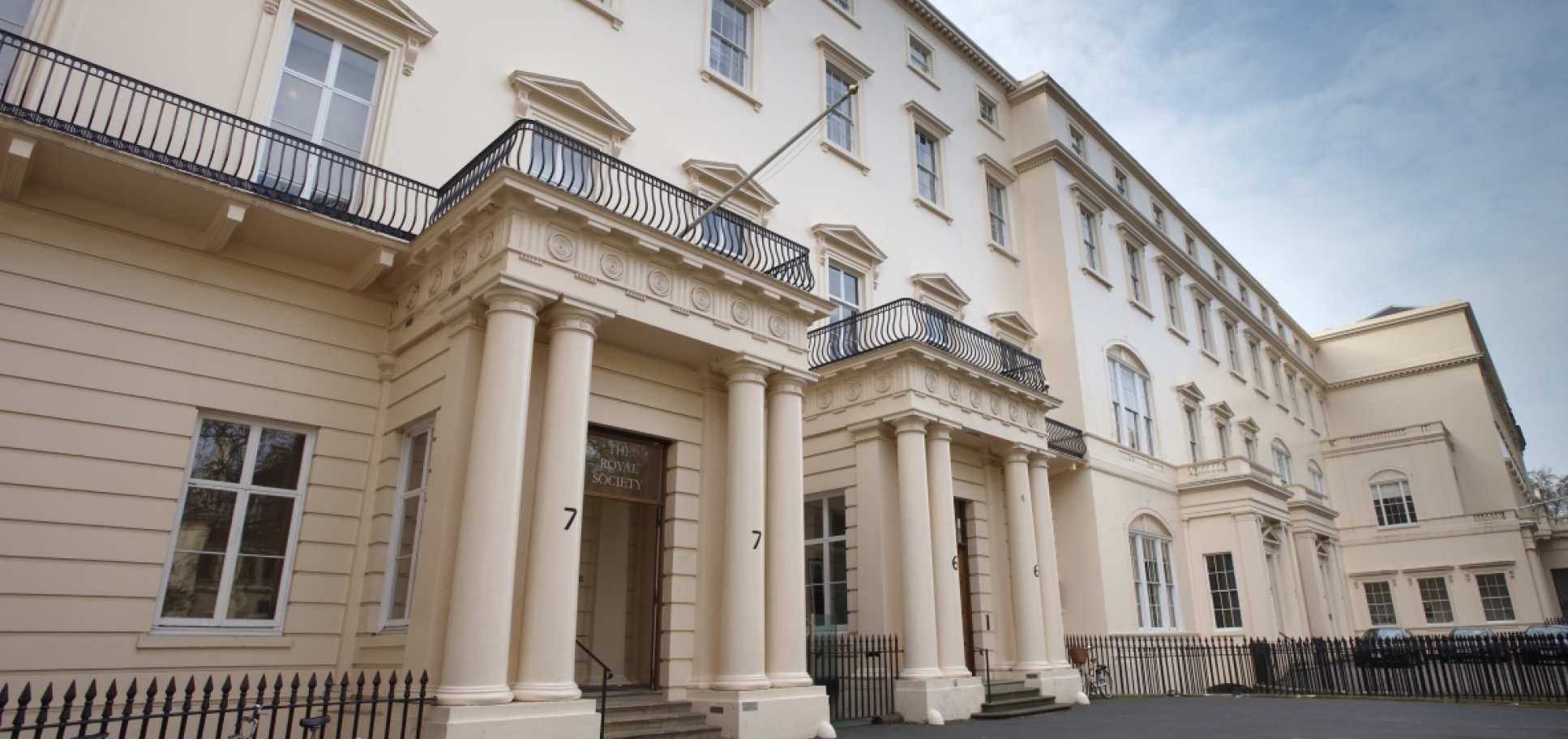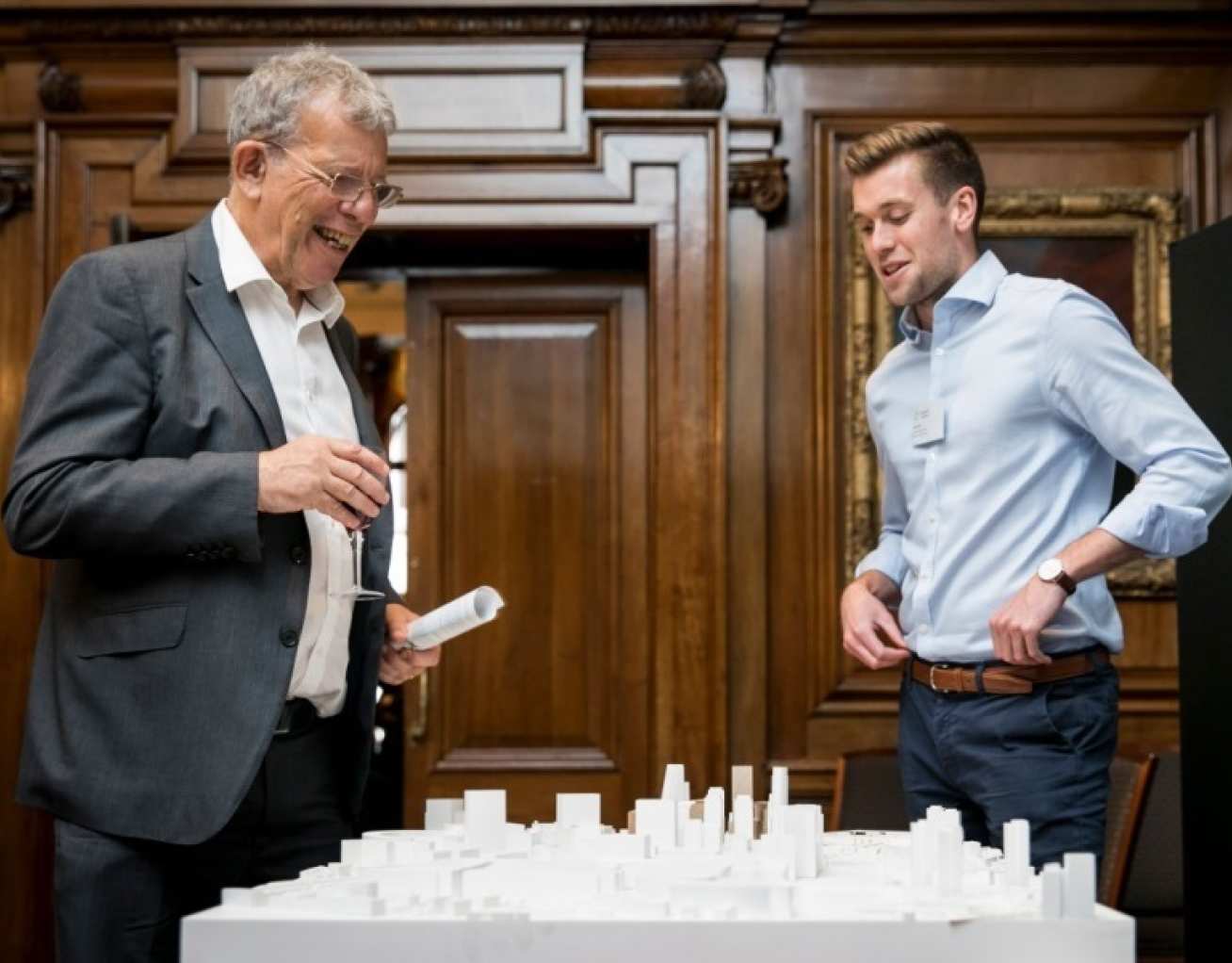Carbon calculations and greener investments: News from the College

Here’s a batch of fresh news and announcements from across Imperial.
From a new framework for carbon budget calculations, to a student startup aiming to help people make greener investments, here is some quick-read news from across the College.
Carbon budget calculations
 The ‘carbon budget’ is the amount of carbon dioxide (CO2) we can still emit while limiting global warming to 1.5 or 2°C. However, different researchers have calculated different budgets, as they depend on more than just CO2.
The ‘carbon budget’ is the amount of carbon dioxide (CO2) we can still emit while limiting global warming to 1.5 or 2°C. However, different researchers have calculated different budgets, as they depend on more than just CO2.
Now, a team led by Dr Joeri Rogelj from the Grantham Institute at Imperial and the International Institute for Applied Systems Analysis (IIASA) has created a framework to assess and include new knowledge quickly into future carbon budget calculations. This will ensure they are up-to-date and accurate, giving more confidence to policymakers.
Dr Rogelj said: “The remaining carbon budget to limit global warming to safe levels is tiny – action in the next decade is essential to stay within it.”
Read more on the IIASA website: ‘Lifting the fog on carbon budgets’
Brexit overload
 With hundreds of sources of information available to us on any given topic, like for instance Brexit, it would be reasonable to expect there would be a consensus but instead it appears we find the opposite.
With hundreds of sources of information available to us on any given topic, like for instance Brexit, it would be reasonable to expect there would be a consensus but instead it appears we find the opposite.
In an article for IB Knowledge, Dr Savitar Sundaresan explains how an increased supply of information can cause us to develop permanently polarised beliefs. If we have access to objective and unbiased information, we would all gradually unite around an objective truth, in this case an optimal solution to Brexit.
But because we tend to access information biased towards our existing beliefs, Dr Sundaresan finds we remain entrenched in our ideas causing disagreement when we come across those with an opposing view. Read the full article: ‘Brexit: why too much information leads to uncertainty and chaos’
Summer party

The annual Support Services summer party took place this week on the Queen’s Lawn at the South Kensington Campus. Organised by the Support Services Social Committee, the theme of this year’s party was Ibiza@Imperial, with staff enjoying entertainment including an inflatable volley ball court, glitter face painting and karaoke.
Each year the party gives Imperial staff a chance to come together and for the College to say thank you for their hard work over the last academic year. If you have any ideas for next year’s event, please email the Support Services Social Committee.
Research fellows

Seven Imperial researchers have been appointed University Research Fellows (URFs) by the Royal Society. The URF scheme was established to identify outstanding early career scientists who have the potential to become leaders in their chosen fields, providing them with the opportunity to build an independent research career.
The new Imperial Fellows and their projects are:
Diamond masers – a new quantum technology platform
Deterministic and stochastic aspects of fluid mixing
Meaningful dynamic models of the soft solid-state
- Dr Mary Gosal
Attosecond nano-photonics
Tracking aviation and shipping impacts on clouds
- Dr Boris Leistedt
Fundamental physics with galaxy and quasar surveys
- Dr Martin Taylor
The asymptotic behaviour of solutions of the Einstein--Vlasov system
Read more on the Royal Society website.
Supporting research excellence

Imperial showcased its thriving White City innovation ecosystem at a Research England where Universities and Science Minister Chris Skidmore set out his vision for increasing the UK’s R&D investment to 2.4% of GDP by 2027.
The event focussed on highlighting the impact that Research England’s UK Research Partnership Investment Fund (UKRPIF) has on supporting research excellence in universities across the UK. Established in 2012, UKRPIF has provided £680m of capital funding to 43 projects over five rounds, attracting £1.73bn in double-match funding from industry, charity and philanthropy.
A number of key research facilities at Imperial’s White City Campus have been recipients of the fund, including the Translation and Innovation Hub (I-HUB), Molecular Sciences Research Hub (MSRH) and the Sir Michael Uren Biomedical Engineering Research Hub.
Image credit: Visual Eye Photography
Green investment
 Two former Imperial students have developed an investment-orientated startup that aims to improve the growth of renewable energy.
Two former Imperial students have developed an investment-orientated startup that aims to improve the growth of renewable energy.
The VesBox Platform, brainchild of environmental finance alumni Kofi Mbuk and Abayomi Epega, will make investing in renewables a much more accessible process. By providing potential investors with environmental, social, and financial information at the click of a button, the whole process becomes faster, less daunting, and more attractive.
VesBox was founded in 2018, and has been available to customers since June. The pair hope that their platform will result in a sharp increase in investment in renewable energy projects.
Words by: Oli Hepworth
–
Want to be kept up to date on news at Imperial?
Sign up for our free quick-read daily e-newsletter, Imperial Today.

Article text (excluding photos or graphics) © Imperial College London.
Photos and graphics subject to third party copyright used with permission or © Imperial College London.
Reporter
Andrew Youngson
Communications Division
Priscilla Owusu
Business School
Hayley Dunning
Communications Division
Elizabeth Nixon
Communications Division